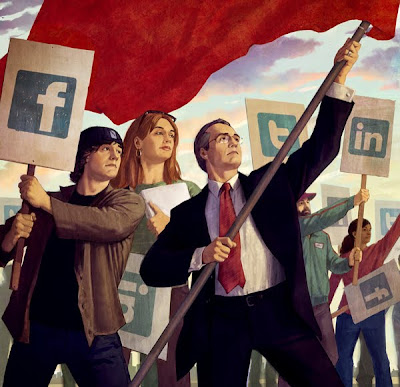I simply can’t imagine a world without photographs, yes! OK,
so you hold on and just think about this for a minute; the internet had only
text, no images on TV and newspapers, magazines or any other media…imagining
the world with no photos. It’s hard, right? I know. But obviously the world
sometime back existed without any form of photos, yet man survived, so photos
are not necessities of life, even though today, photography is part of our lives
almost on daily basis, from still photos to motion (video). We are immersed in
the ‘photography ocean’ from selfies, candid photos to professional photography
photos.
From the time our baby is born until the time they get their
own smartphones to take selfies, we mostly document their biography in photos
and videos. Same with our own lives. From time to time we keep photos for
memories at good times and at not so good times.
It is a fact that photos
easily enable the mind to recollect than words. No wonder it is popularly known
that a photo speaks volumes than thousand words. We keep photos of loved ones
inside of our wallets and purses or decorate the walls at home with photos. We
live around photos and they have become an intricate part of our lives. As we
are exposed to so many photos in our daily lives, we tend to take it for
granted, and often underestimate its full impact.
Photography classification in itself covers every aspect of
our daily lives, take; Street Photography, Portrait, Landscapes, Seascapes,
Travel, Adventure, Documentary, Marco, Wildlife and the list goes on and on,
you, let’s leave these for another time. Yet, except some few schools who offer
some form of photography courses, we are still waiting to see photography entering the main stream higher educational system as a degree program.
Photography has the power to change perception (mind and
heart). Photography has the power to influence emotions (senses). And if there
is something in this world, that has the power to control senses, mind and
heart - in my opinion, it is the most powerful tool of man. I think it is fair
to say that photographers are powerful. Photographers have the skills to
determine scene, which lens for which lighting for which moment…let’s leave
this one too for another time.
Whether it's a photo that deeply saddens you or that which
gives you extreme delight, the fact remains that photography is a powerful
medium of communication. What is so difficult for photography to communicate? Is
it wealth, poverty, terror, war, or peace? In fact, photography can transport
us to the unseen part of the world.
The world today, has many catalysts for change, one of them
certainly is photography, the most powerful invention of man in this 21st
Century!
Photo Credit:
Emmanuel Bobbie (Bob Pixel),
Kofi Motivation.
Kojo Eyshun
©Harry Tetteh
©Harry Tetteh






























